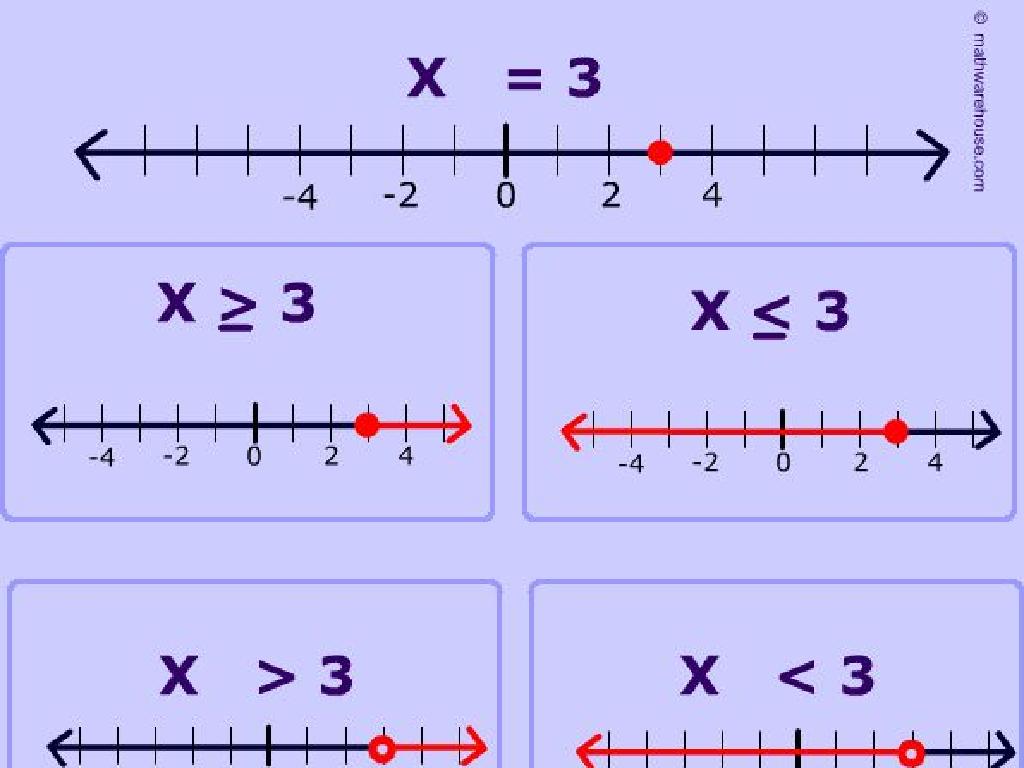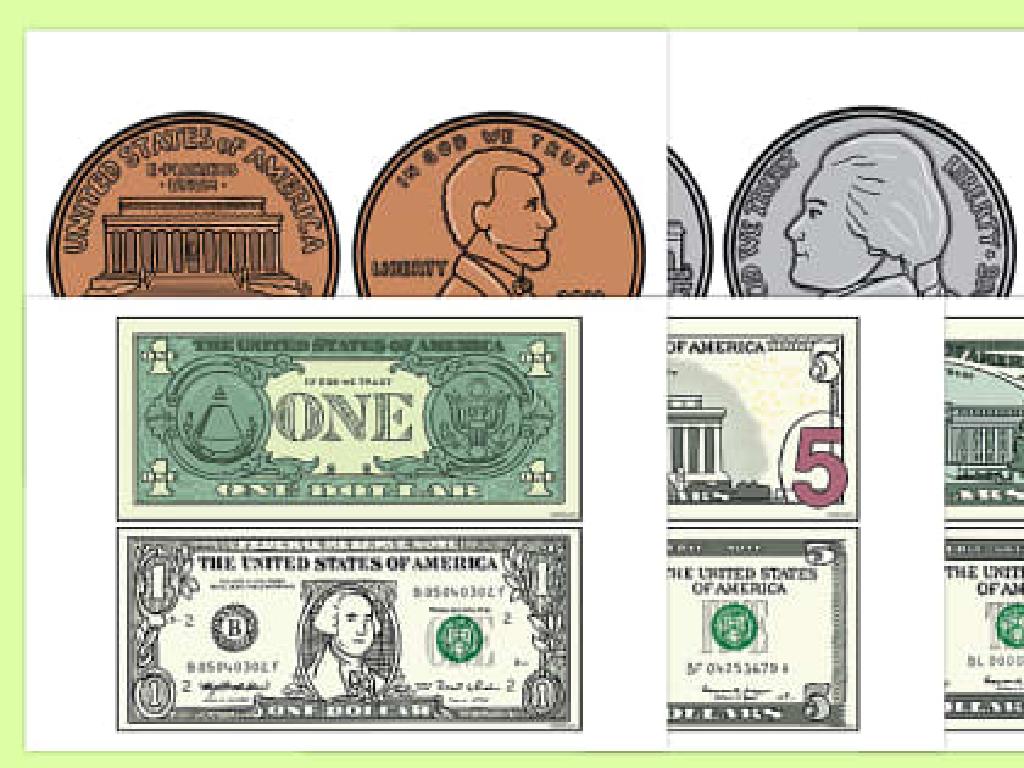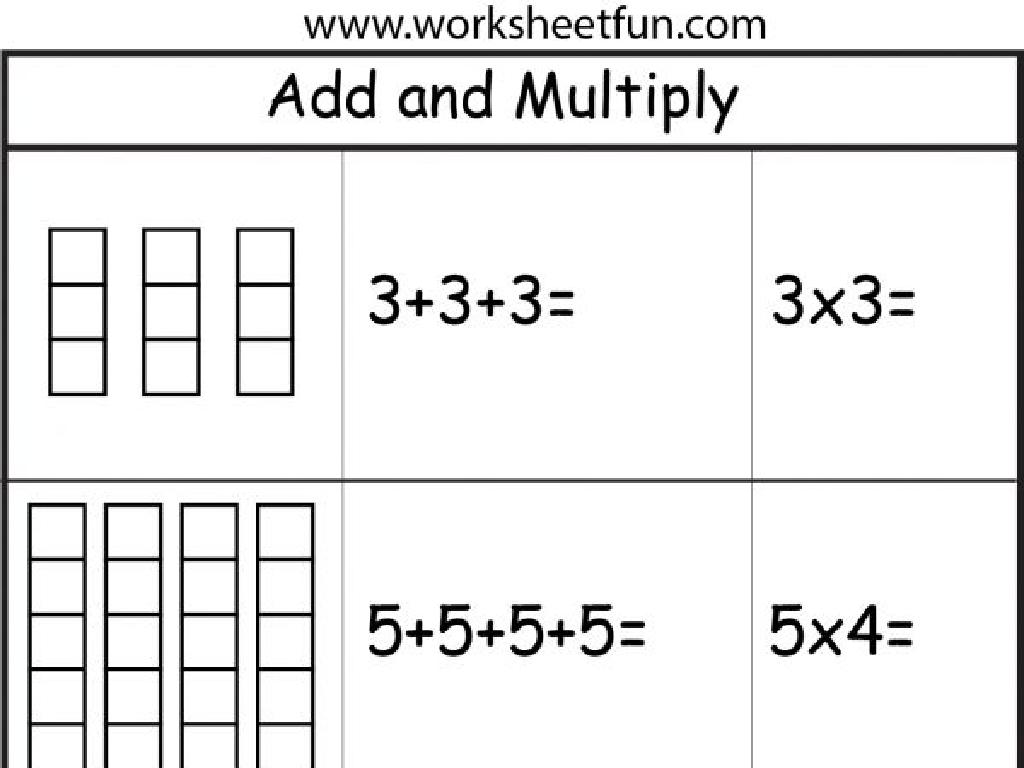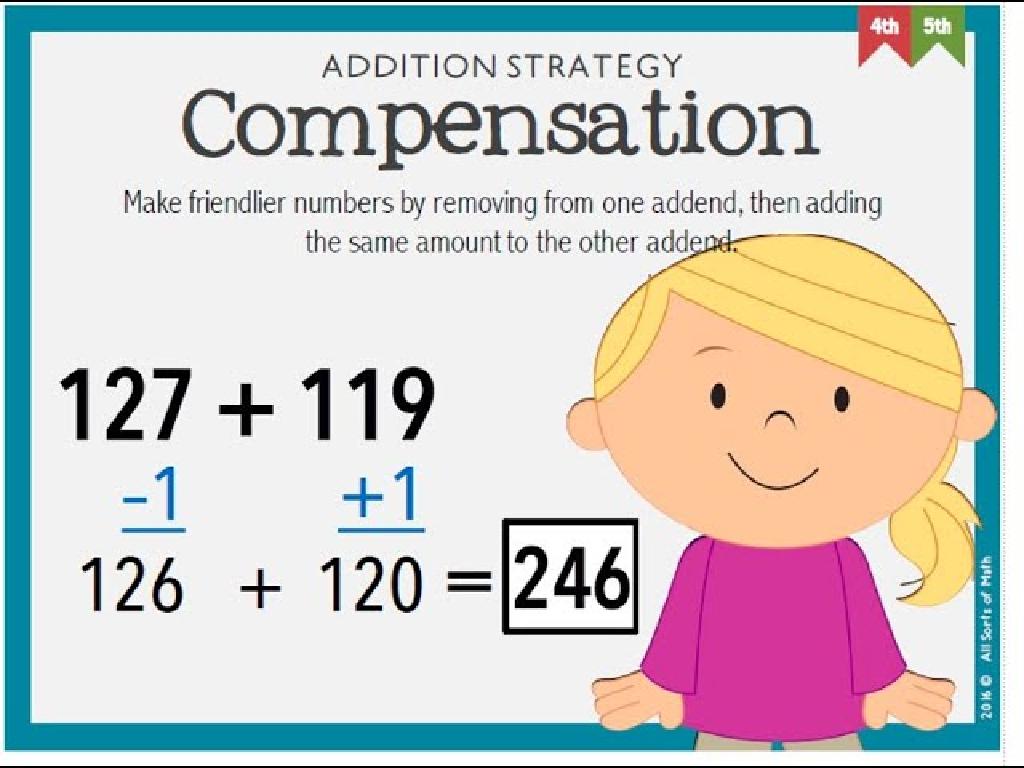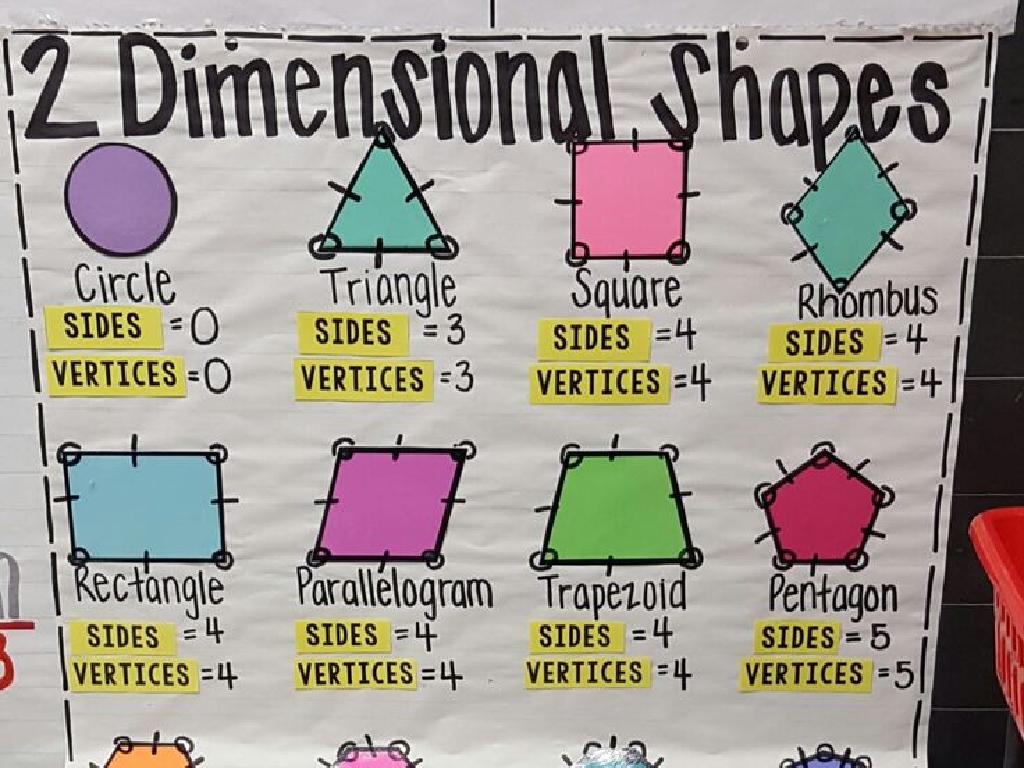The Ghana Empire
Subject: Social studies
Grade: Sixth grade
Topic: African Empires
Please LOG IN to download the presentation. Access is available to registered users only.
View More Content
Exploring The Ghana Empire
– African Empires overview
– Ghana Empire’s geography
– Located in West Africa, between Senegal and Niger rivers
– Time period of prominence
– Flourished from 6th to 13th century
– Ghana’s historical significance
– A major trade hub, rich in gold and culture
|
This slide introduces the Ghana Empire within the context of African Empires, aiming to provide a foundational understanding for sixth-grade students. Begin with a brief overview of African Empires to set the stage. Then, focus on the Ghana Empire, highlighting its geographical location as a key factor in its development as a trade center. Discuss the time period during which the empire flourished, emphasizing its longevity and stability. Lastly, address the empire’s historical significance, noting its wealth, extensive trade networks, and cultural contributions. This will help students appreciate the importance of the Ghana Empire in African and world history.
The Rise of The Ghana Empire
– Origins of Ghana Empire
– Began in the 4th century as a small settlement
– Gold and Salt trade routes
– Caravan routes connected Ghana to distant markets
– Trade’s impact on growth
– Trade with Muslims and others boosted the economy
– Empire’s wealth and power
|
The Ghana Empire, also known as Wagadou, was one of the earliest and most prominent empires in West Africa, originating around the 4th century. It was rich in resources, particularly gold and salt, which were highly valued at the time. The empire’s strategic location and control over trade routes allowed it to tax traders passing through, which significantly contributed to its wealth and growth. The trade also facilitated cultural exchanges and the spread of Islam. The empire’s wealth from trade led to its power and influence across West Africa. In the classroom, discuss the importance of natural resources and geographical location in the development of civilizations. Encourage students to think about how trade can impact a country’s economy and culture.
Society and Culture of The Ghana Empire
– Social hierarchy in Ghana Empire
– Kings, traders, farmers, and slaves had specific roles.
– Daily life during the empire
– People engaged in trade, farming, and gold mining.
– Religion’s role in society
– Traditional African religions were practiced, with a focus on animism.
– Cultural practices and celebrations
– Festivals, music, and dance were important cultural expressions.
|
This slide aims to give students a glimpse into the complex society and rich culture of the Ghana Empire. Discuss the structured social hierarchy, where each group had a distinct role in the functioning of the empire. Emphasize the daily life of the people, which revolved around trade, agriculture, and the famous gold mines. Highlight the importance of religion, which was predominantly animistic, believing in the spiritual essence of all natural things. Finally, touch upon the vibrant cultural practices, including various festivals, music, and dance, which were integral to the Ghanaian society. Encourage students to compare and contrast these aspects with their own daily lives and cultural practices to foster a deeper understanding and connection.
The Wealth and Economy of the Ghana Empire
– Sources of Ghana’s wealth
– Gold and salt mines were key to prosperity.
– Economic systems in place
– Barter system used; later, gold dust as currency.
– Trade goods exchanged
– Gold, salt, ivory, and slaves were traded.
– The role of marketplaces
– Marketplaces were bustling hubs of commerce.
|
The Ghana Empire, also known as Wagadou, was renowned for its wealth, much of which came from its abundant gold mines. Salt, another crucial commodity, was traded equally for its weight in gold. The empire had a sophisticated barter economy that later evolved to use gold dust as a form of currency. Key trade goods included gold, salt, ivory, and slaves, which were exchanged with Arab and Berber traders. Marketplaces in cities like Kumbi Saleh became centers of wealth, attracting traders from across the Sahara. This slide aims to give students an understanding of the economic foundations of the Ghana Empire and its influence on West African history.
Challenges and Decline of The Ghana Empire
– External pressures on Ghana
– Invasions by Berbers and others weakened the empire.
– Internal factors of decline
– Political instability and economic issues contributed.
– The Empire’s eventual fall
– The empire fell in the 13th century due to these combined pressures.
– Ghana’s enduring legacy
– Ghana influenced trade, culture, and governance in West Africa.
|
This slide addresses the factors that led to the decline of The Ghana Empire, which was once a powerful and wealthy civilization in West Africa. Students should understand that external pressures, such as invasions by Berber tribes and competition from other kingdoms, played a significant role in weakening Ghana. Internally, political struggles and economic difficulties also contributed to the empire’s decline. Despite its fall in the 13th century, The Ghana Empire left a lasting legacy, influencing subsequent African empires in trade, culture, and systems of governance. Discuss the importance of learning from history and how the legacy of past civilizations continues to impact the present.
The Ghana Empire’s Enduring Legacy
– Influence on West Africa today
– Modern borders & governance influenced by the empire’s structures.
– Preserved cultural heritage
– Traditional music, stories, and festivals continue to thrive.
– Ghana Empire in history classes
– Curriculum includes the empire to teach about Africa’s rich past.
– Understanding the empire’s impact
|
This slide aims to highlight the lasting influence of the Ghana Empire on contemporary West African countries. Discuss how the empire’s administrative systems and trade routes have shaped modern governance and borders. Emphasize the cultural heritage passed down through generations, including music, oral traditions, and festivals that are still celebrated today. Explain the importance of including the Ghana Empire in today’s history lessons to provide students with a comprehensive understanding of Africa’s rich and diverse history. Encourage students to reflect on how ancient civilizations continue to affect our lives and the importance of preserving historical legacy.
Class Activity: Create Your Empire
– Divide into groups, pick an empire location
– Choose main resource and trade goods
– Design a social hierarchy and government
– Present your empire to the class
|
This activity is designed to help students apply their knowledge of the Ghana Empire by creating their own empires. Divide the class into small groups and have each group choose a location for their empire, considering factors like geography and resources. Next, students should decide on their empire’s main resource and what goods they would trade. They should also create a social hierarchy, considering roles such as rulers, merchants, and common people, and establish a government system, drawing inspiration from historical examples. Each group will then present their empire to the class, explaining their choices and how they were influenced by what they learned about the Ghana Empire. Possible variations of the activity could include creating a map of their empire, designing a flag, or writing a short history. This exercise encourages creativity, teamwork, and critical thinking.

